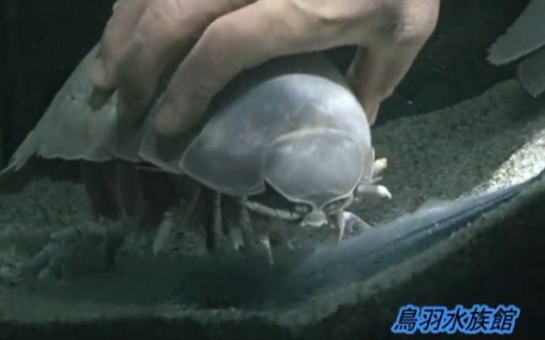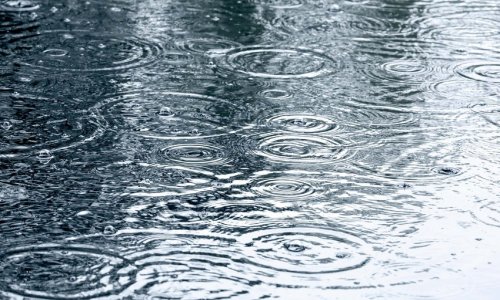The animal, which looks like an oversized pill-bug and is related to the wood louse, was declared dead at a feeding event at the Toba Aquarium in Japan on Friday February 14.The giant male isopod, called No. 1 to distinguish it from the nine other giant isopods kept at the Japanese aquarium, has not eaten since January 2009, when it ate a whole horse mackerel.No. 1's keeper Takeya Moritaki has been dumbfounded by the crustacean's hunger strike, claiming the deep-sea creature would at times pretend to eat by moving its mouth and front legs around the food to appease aquarium staff, however it never actually swallowed.Mr Moritaki, was preparing the mackerel for No. 1's six-monthly feed, however the giant isopod sat motionless as the bait was lowered in to the tank, according to Rocket News.Realising something was wrong, No. 1 was lifted out of the tank and declared dead. At that point, the creature had starved itself for five years and 43 days.It has been widely reported as the longest time any animal under observation has gone without food.The death of the giant isopod, has been confirmed by the aquarium and a dissection was performed, however no cause of death was found. The creature - which has been compared to a giant woodlouse - will be frozen for preservation. Research is underway on the remains of No.1 to find out why it refused to eat.Giant isopod No. 1 was taken to Toba Aquarium from the Gulf of Mexico in September 2007, measuring 29 cm and weighing 1 kg.A giant isopod is a crustacean related to prawns and crabs, which are thought to be abundant in cold, deep waters of the Atlantic, Pacific and Indian Oceans. (dailymail.co.uk)ANN.Az
World's longest hunger striker dies after not eating for FIVE YEARS
Society
22:15 | 18.02.2014

World's longest hunger striker dies after not eating for FIVE YEARS
A giant isopod, a crustacean known as the 'scavenger of the deep,' has been found dead in its tank by keepers at an aquarium in Japan, after the creature refused to eat for more than five years.
Follow us !










